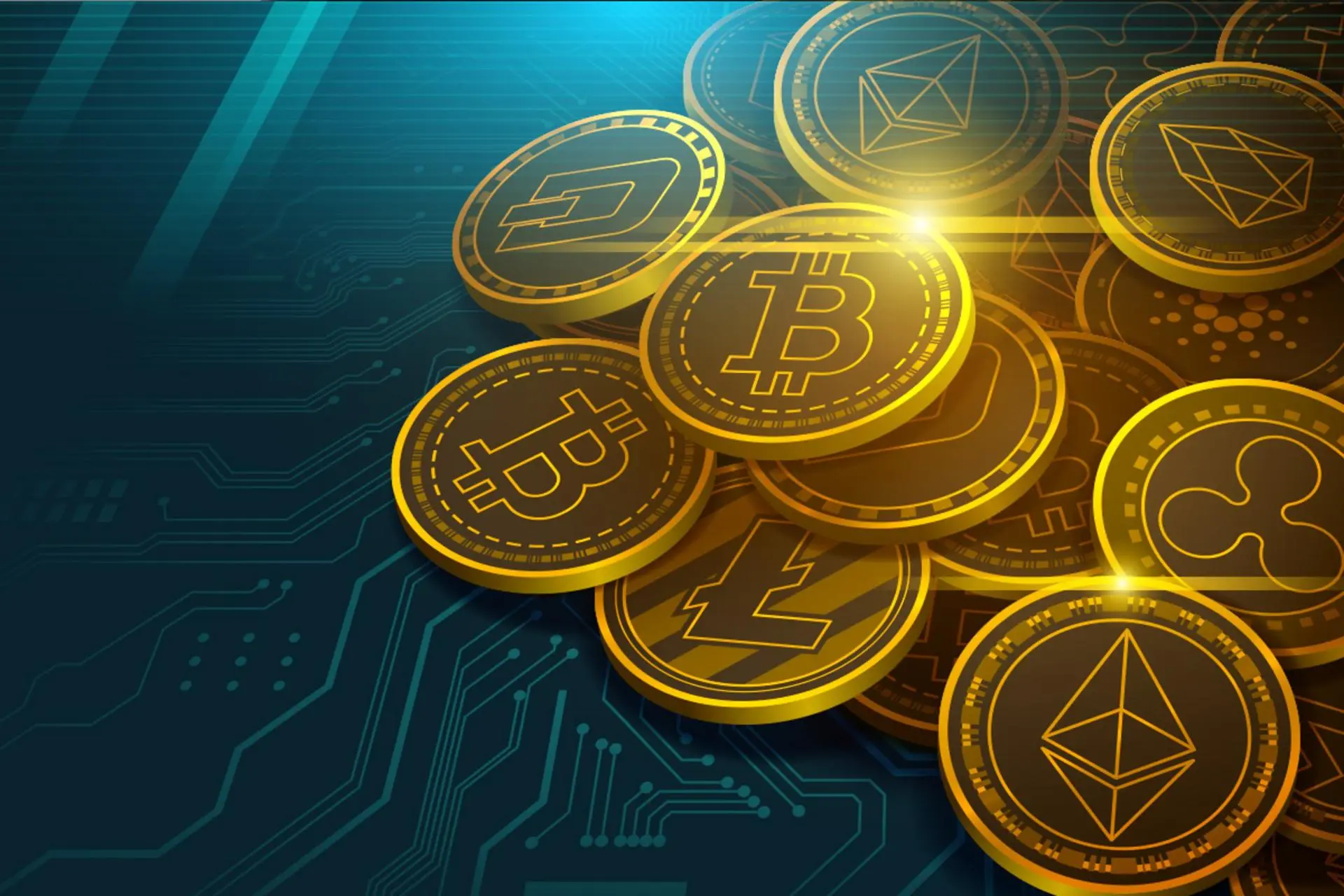If you’ve been looking for a best crypto wallet Thailand that works well, you’re not alone. With Bitcoin (BTC) and Tether (USDT) still leading the way in 2025, finding a wallet that balances security, usability, and convenience is more important than ever.
But not all wallets are built for the same kind of user. So instead of throwing a long list at you, we’ve broken down five of the top wallets in Thailand based on what kind of crypto user you are.
Let’s walk through each one—and how they compare in real-world use.
Best Crypto Wallet Thailand: Bitkub NEXT – Built for Local Use
If your main focus is ease of use in Thailand, Bitkub NEXT stands out as a wallet made for locals. It’s tied directly to the Bitkub exchange, supports Thai language, and works well for anyone buying or selling crypto with Thai baht.
What makes it appealing is how simple it is. There’s no need to deal with network settings or complex transfers—it’s all plug and play. If you’re using crypto casually or getting started with BTC or USDT, it’s a smart pick.
Downside: It doesn’t support a wide range of networks or advanced functions like DeFi or NFTs.
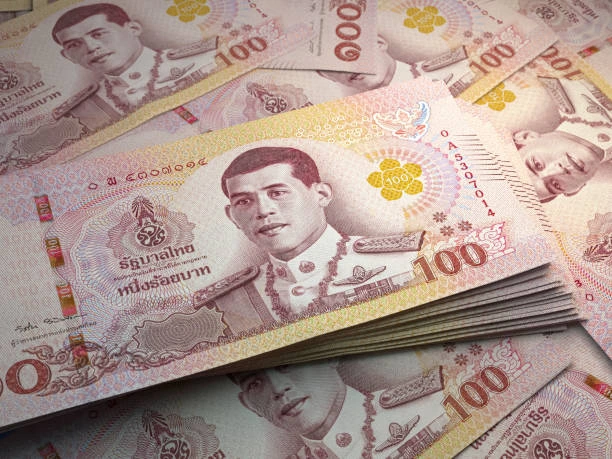
Best Crypto Wallet Thailand: MetaMask – For the Web3 Crowd
If you’ve dipped your toes into DeFi, NFTs, or token swapping, you’ve likely heard of MetaMask. This wallet is popular globally and widely used in Thailand among more advanced users.
It’s ideal for handling USDT on networks like Ethereum and BNB Smart Chain. However, it doesn’t support Bitcoin out of the box—so if BTC is your main focus, MetaMask won’t be enough on its own.
Downside: It can be confusing for beginners, and there’s no Thai-language version.
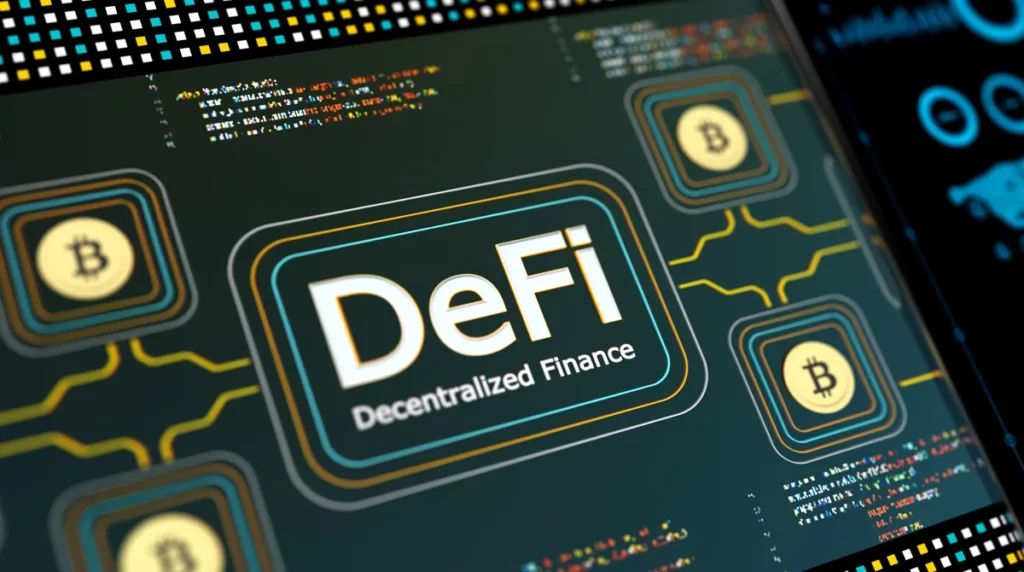
Best Crypto Wallet Thailand: Trust Wallet – A Balanced All-Rounder
Trust Wallet is one of the most well-rounded mobile wallets available in Thailand right now. It supports Bitcoin, USDT, and thousands of other tokens across dozens of networks. You don’t need to tinker with much—it just works.
Because it’s owned by Binance, it also integrates well with the Binance ecosystem (though it works independently too). Many Thai users like it for the flexibility without the complexity.
Downside: It doesn’t integrate with Thai banks and isn’t local-language friendly—but it’s still relatively easy to navigate.

Ledger Nano X – Best for Cold Storage
If you’re serious about crypto security, Ledger Nano X is hard to beat. It’s a hardware wallet, meaning your keys are kept offline. That makes it a top pick for long-term BTC holders or anyone managing larger portfolios.
You won’t get instant transfers or quick dApp access, but for safe, secure storage—especially of Bitcoin and USDT—it’s a strong option. In Thailand, more advanced investors have been leaning toward hardware wallets like this in 2025.
Downside: Higher cost, more setup time, and not ideal for frequent transactions.
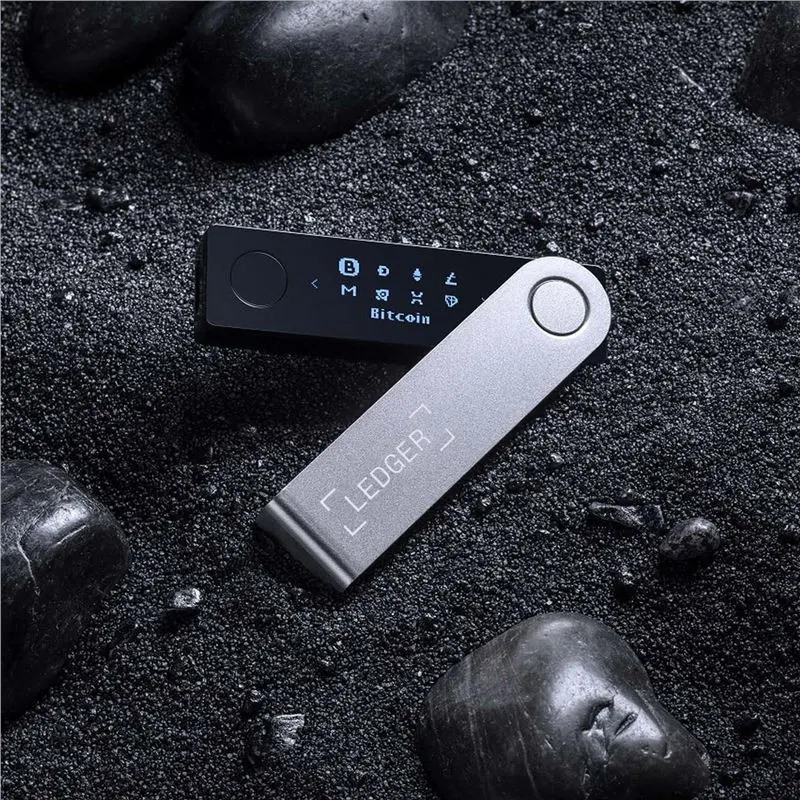
Credit from : BlitzWolf
Binance App Wallet – Convenience Above All
If you’re already using Binance to buy and sell crypto, the built-in Binance App Wallet might be all you need. It supports BTC, USDT, and hundreds of other assets. Everything from trading to sending payments can be done in one app.
It’s especially useful if you move between countries or want access to features like Binance Pay, which some freelancers and merchants in Thailand now accept.
Downside: It’s custodial—meaning you don’t hold the private keys yourself. There’s also the ongoing concern about global regulations and access changes.
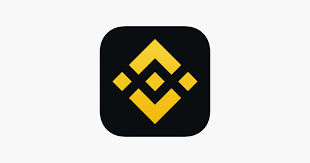
So, Which Wallet Works Best for You in Thailand?
Here’s how to think about it based on your needs:
- Just starting out? Bitkub NEXT is the most beginner-friendly and made for Thai users.
- Exploring Web3 and DeFi? MetaMask will give you access to a whole new world.
- Want a simple, flexible option? Trust Wallet strikes a great balance.
- Storing long-term? Ledger Nano X gives you full control offline.
- Trading often? The Binance App Wallet offers speed and convenience in one place.
No wallet is perfect for everything—but if you know your goals, picking the right one gets a lot easier. And no matter what you choose, make sure you keep your seed phrase secure and offline. That’s not optional—it’s essential.



